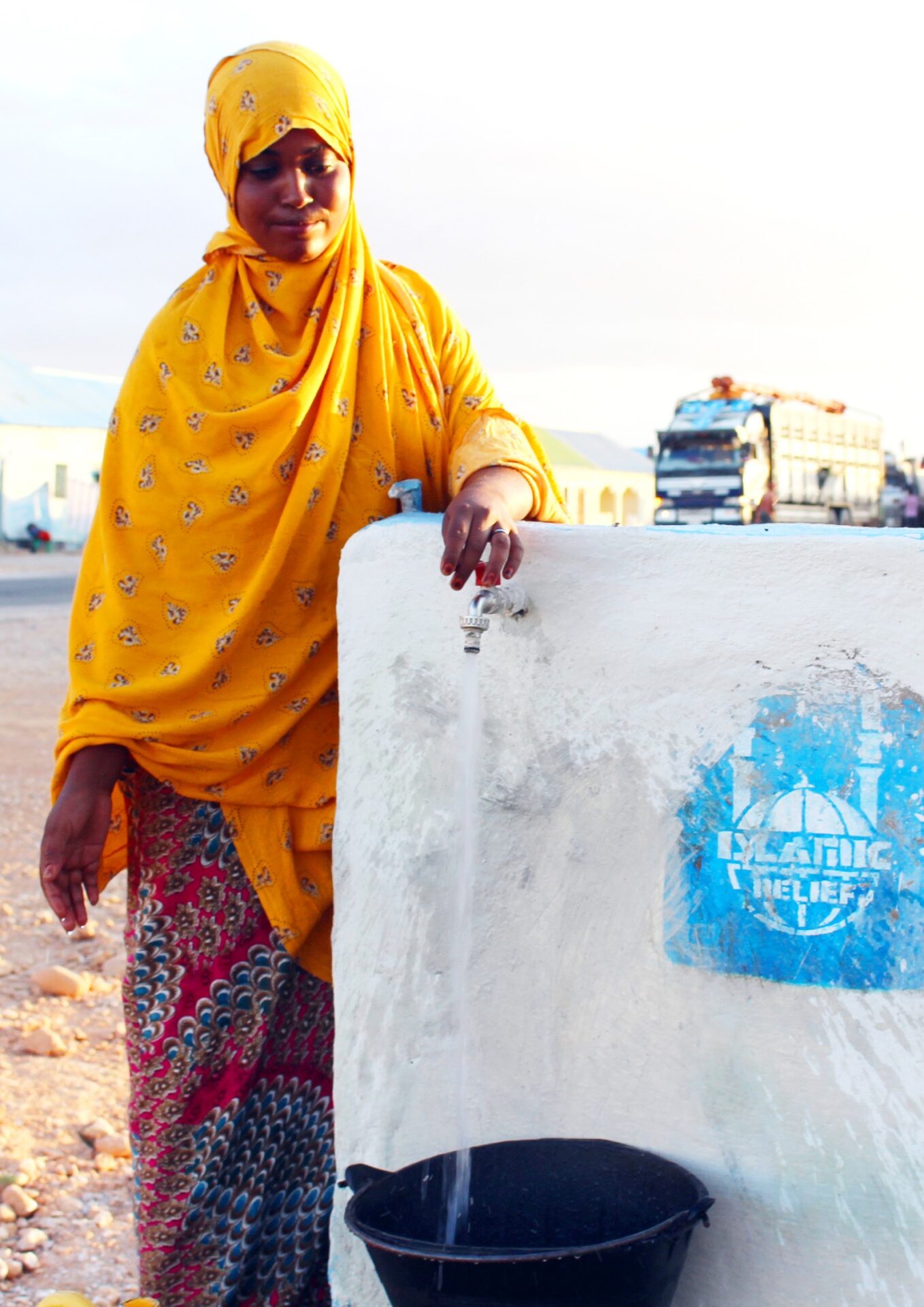CBA14 Marketplace: Adapting for Climate Justice

Introduction
When planned and conducted at a national level, climate change adaptation has had limited success. Rather, community-based adaptation fits well with broader, lasting hopes for development. What is community-based adaptation? A local response to climate breakdown focusing attention on empowering and promoting the adaptive capacity of people. It uses as strengths the context, culture, knowledge, agency, and preferences of communities.
No one size fits all. We therefore support community-based adaptation planning and action so people use their local knowledge while adopting new technologies and activities to secure livelihoods and access to food despite the changing climate. We have shown that flexibility is at the heart of effective adaptation. The principle is that as far as possible, processes should develop locally where local experts, informed by facts about the likelihood and effects of climate breakdown, lead their communities in planning.
The following publication presents two examples of case-study of community-based, locally led adaptation.
*Download the full publication from the right-hand column. An overview of the publication on community-based, locally led adaptation is provided below. See the full text for much more detail, including on climate justice, climate and faith, rebuilding and resilience in conflict, gender and adaptation, and resilience and sustainability and respective case-studies.
Adaptation Options
Information exchange at the centre of adaptation – Case study: Lombok, Indonesia
Despite being disrupted by two earthquakes in Lombok, Indonesia, Islamic Relief implemented a project ‘Supporting poor communities to claim their rights in climate change.’ The central idea is that people with weather dependant livelihoods have rights to timely, appropriate and useful climate-related information to support them in gaining successful adaptation mechanisms to climate change.
Consultations with affected communities identified fishermen suffering from lowering yields, rain-fed farmers experiencing harvest failure, and salt producers with decreased output. However, some farmers were managing to adapt using climate modelling and weather prediction.
Finding that the government advice on weather forecasts, climate projection and modelling was difficult to understand and often impractical for many, we worked with communities and government to develop a community-based climate school. This both informs data from the climatology, meteorology and geophysical agency and makes this vital information more accessible to local communities.
Getting informed, getting vocal – Case study: Pakistan
To be successful, locally led community-based climate adaptation must be properly informed about the laws and policies under which it operates. In Pakistan, Islamic Relief instigated a nationwide campaign: Voices Organised for Climate Change Advocacy and Lobbying (VOCAL).
The programme aims to create a bridge between policy and practice. Targeting policy makers and local planners, it finds common understanding of the impacts of climate breakdown in the context of policy and the realities for ordinary people. The strategy is to use this knowledge to reduce inconsistencies in planning and budgeting.
To build evidence, Islamic Relief produced a national baseline study. This examines whether sectoral polices and planning for district and provincial governments adhere to official national indicators set for environmental protection, climate change mitigation and adaptation. It offers recommendations to address incoherence and inconsistency between policies and action by including climate change concerns in sectoral policies and administrative arrangements for their implementation.
Islamic Relief has now begun piloting this approach in existing programmes and we are mobilising communities to advocate for it to be adopted more widely. Chief ministers, governors, public representatives, faith leaders, media and academic institutions are being engaged to build a consensus understanding of the issue and devise ways forward
Related resources
- CBA14 Marketplace: Climate Resilient Scalable Models on Land and Agriculture
- CBA14 Marketplace: Center for Women-Led Climate Adaptation Breaks Ground in Uganda
- CBA14 Marketplace: Using a social accountability model to empower young people to lead communities in dialogue
- Launched: The BRACED Resilience Exchange
- Climate services for agriculture in Rwanda: What farmers know about climate information services in Rwanda
(1) Comment
This is only a first preview of our new publication, specially released for CBA14. Let me have your corrections, suggestions and comments. What else would you like to learn from our experience?